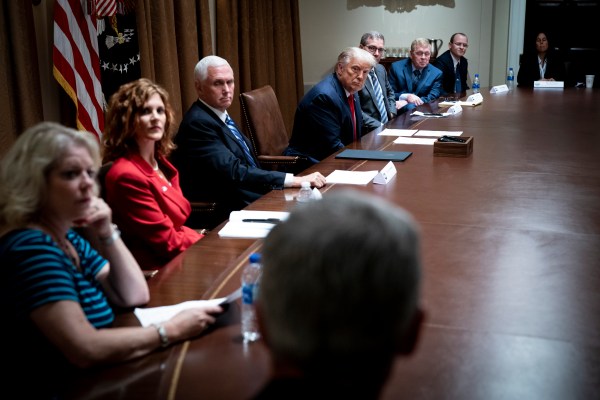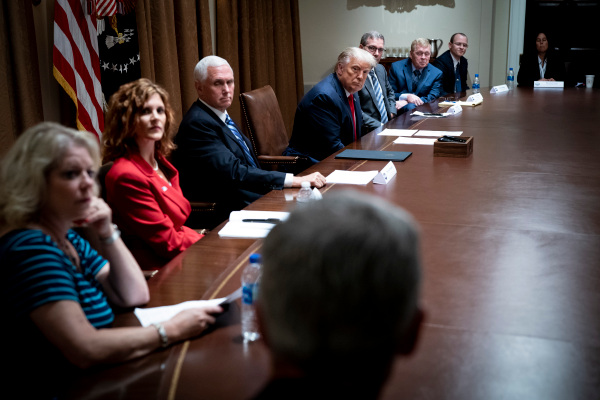
Today the president appeared to bless the budding Microsoft-TikTok deal, continuing his evolution on a possible transaction. After stating last Friday that he’d rather see TikTok banned than sold to a U.S.-based company, Trump changed his tune over the weekend. TikTok is owned by China-based company ByteDance, which owns a portfolio of apps and services.
A weekend phone call between Satya Nadella, the CEO of Microsoft, and the American premier appeared to change his mind, leading to the software company sharing publicly on Sunday that it was pursuing a deal.
Then today the president, endorsing a deal between an American company and ByteDance over TikTok, also said that he expects a chunk of the sale price to wind up in the accounts of the American government.
The American president has long struggled with basic economic concepts. For example, who pays tariffs. But to see Trump state that he expects to receive a chunk of a deal between two private companies that he is effectively forcing to the altar is surreal.
To fully grok his take, we’ve roughly transcribed the pertinent few minutes of his explanation from this morning, when asked about the weekend call with Microsoft’s Nadella. It’s worth a read (bold highlights are TechCrunch’s):
We had a great conversation, uh, he called me, to see whether or not, uh, how I felt about it. And I said look, it can’t be controlled, for security reasons, by China. Too big, too invasive. And it can’t be. And here’s the deal. I don’t mind if, whether it’s Microsoft or somebody else — a big company, a secure company, a very American company — buy it.
It’s probably easier to buy the whole thing than to buy 30% of it. ‘Cause I say how do you do 30%? Who’s going to get the name? The name is hot, the brand is hot. And who’s going to get the name? How do you do that if it’s owned by two different companies? So, my personal opinion was, you are probably better off buying the whole thing rather than buying 30% of it. I think buying 30% is complicated.
And, uh, I suggested that he can go ahead, he can try. We set a date, I set a date, of around September 15th, at which point it’s going to be out of business in the United States. But if somebody, whether it’s Microsoft or somebody else, buys it, that’ll be interesting.
I did say that if you buy it, whatever the price is, that goes to whoever owns it, because I guess it’s China, essentially, but more than anything else, I said a very substantial portion of that price is going to have to come into the Treasury of the United States. Because we’re making it possible for this deal to happen. Right now they don’t have any rights, unless we give it to ’em. So if we’re going to give them the rights, then it has to come into, it has to come into this country.
It’s a little bit like the landlord-tenant [relationship]. Uh, without a lease, the tenant has nothing. So they pay what is called “key money” or they pay something. But the United States should be reimbursed, or should be paid a substantial amount of money because without the United States they don’t have anything, at least having to do with the 30%.
So, uh, I told him that. I think we are going to have, uh, maybe a deal is going to be made, it’s a great asset, it’s a great asset. But it’s not a great asset in the United States unless they have the approval of the United States.
So it’ll close down on September 15th, unless Microsoft or somebody else is able to buy it, and work out a deal, an appropriate deal, so the Treasury of the — really the Treasury, I suppose you would say, of the United States, gets a lot of money. A lot of money.
[ad_2]
Source link


